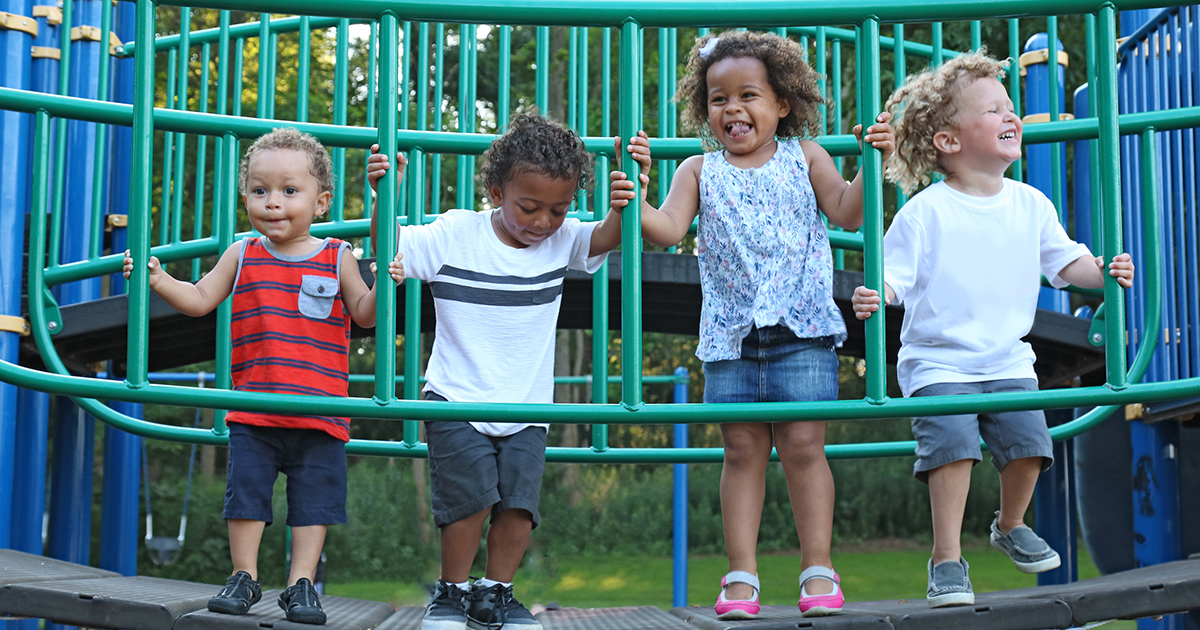Program Partners’ Views About Benefits, Challenges, and Opportunities
Guilford Readiness of Children for School (ROCS) Study

Overview
Children’s life prospects are substantially shaped by their circumstances between birth and age 3, so the earliest years of life present promising opportunities to disrupt cycles of poverty. Children growing up in families with low incomes acutely experience the disadvantages of poverty, and they disproportionately remain at the bottom of the economic ladder as adults. The Ready for School, Ready for Life initiative seeks to get the families of infants, toddlers, and preschoolers what they need, when they need it, by implementing a connected system of care that will deliver a wide range of services for the 6,000 children born each year in Guilford County, North Carolina.
The Guilford Readiness of Children for School Study (Guilford ROCS Study) seeks to understand what works best for families as the initiative unfolds over time. MDRC will evaluate the implementation of the initiative and the outcomes it aims to affect in Guilford County.
Additional Project Details
Agenda, Scope, and Goals
Guilford ROCS is an evaluation of the Ready for School, Ready for Life initiative, a community-wide early childhood initiative in Guilford County, North Carolina.
As of early 2023, the Ready for School, Ready for Life initiative’s prenatal-to-age-three phase encompasses three broad areas: (1) Building a System of Care, (2) Expanding and Improving Services, and (3) Changing Systems and Building Public Will. Ultimately, the goal of the initiative is to improve outcomes across the population and reduce disparities among individuals so that every child in Guilford County enters school developmentally on track and ready to succeed.
The Guilford ROCS study will evaluate the implementation of the initiative and the outcomes it aims to affect in Guilford County, addressing the following research questions:
- How is the initiative being implemented?
- How are the initiative’s values and principles seen in the implementation?
- What factors affect how the initiative is implemented?
- What kinds of services and activities do families with young children participate in? What do they think about these experiences?
- How are children’s literacy skills, social skills, behaviors, and health changing over time?
- How are differences in outcomes for subpopulations changing over time?
Design, Sites, and Data Sources
The Guilford ROCS study will consist of mixed-methods implementation research alongside an outcomes monitoring study. The study, which runs from 2023 through 2029, will collect and analyze information from many data sources, including surveys, interviews, focus groups, and administrative data sources.








